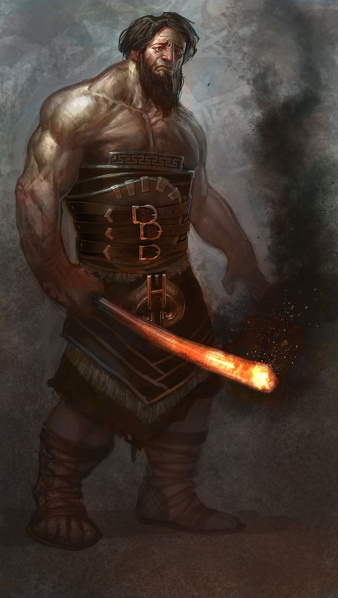

Mars in Roman Mythology - Legend of the Ancile Mythology: The god Ares features in the stories, myths and legends in Greek Mythology relating to the Giant Echidnades & the War with the Titans, the War of the Giants and the the Flight from Typhoeus Names of Children: His children included Eros, Anteros, Phobos, Deimos, Harmonia, and Adrestia Greekn Counterpart: The Greek name for this god was Ares Symbols: The Ancile, a sacred shield, a Spear, a Burning Torch, Vulture, Dog, Woodpecker, eagle and owl Status: Major God and one of the 'Dei Consentes', the Council of Gods. He was closely associated with all warlike aspects of Rome including repelling invading armies, protecting cities and crushing rebellions Role & Function: The function of Mars is described as being the god of war and the patron of warriors. Personality: Difficult, moody, unpopular and argumentativeĪppearance: Strong warrior always carried his weapons The following facts and profile provides a fast overview of Mars: At one time human sacrifices, prisoners of war, were offered to him but the practice was eventually discontinued. He had also a festival on the Ides of October, when chariot-races took place, after which, the right-hand horse of the team which had drawn the victorious chariot, was sacrificed to him. Religious festivals in honor of the god of war were generally held in the month of March which marked the start of the campaign season. The most magnificent of the numerous temples built by the Romans in honour of the war god was the one erected by the Emperor Augustus in the Forum, to commemorate the downfall of the murderers of Julius Caesar. He was revered by the Romans as the most important god, apart from Jupiter. In many pieces of art from that time period, he can be seen with vegetation on his spear.Mars was the Roman god of war. He never lost his ties to agriculture though. As Rome became more war-like so did Mars. This would signify that Mars and his efforts in war were just enough to protect.Īside from war, Mars was first associated with agriculture, vegetation, and fertility. in total the 12 of them hung on the wall and were guarded by Roman Priests. It's believed that Pumpilius had 11 more shields made as replicas to dismay anyone who would try and steal the original. It was thought that his shield was essential to the well-being of the Roman people and their republic. October ended the season of farming and began military campaigning.Īs the legend goes, during the rule of King Numa Pompilius the battle shield of Mars fell from the sky into Rome. October is an important month when talking about Mars. Campus Matius became a place to worship him and generally two festivals where held each year to honor him. He is second in importance to Jupiter and is the dominant military God. It is believed that Romulus later founded Rome and that's why we consider Mars to be the father of the Roman people. Mars fathered twin boys Remus and Romulus. Though he is vicious, war was a means to secure peace for his people. A mighty warrior he was, Mars is known for his superior military power and wrath. The seem to be symbols motivating humanity into the future. Mythical Gods empower, guide and warn us.


 0 kommentar(er)
0 kommentar(er)
